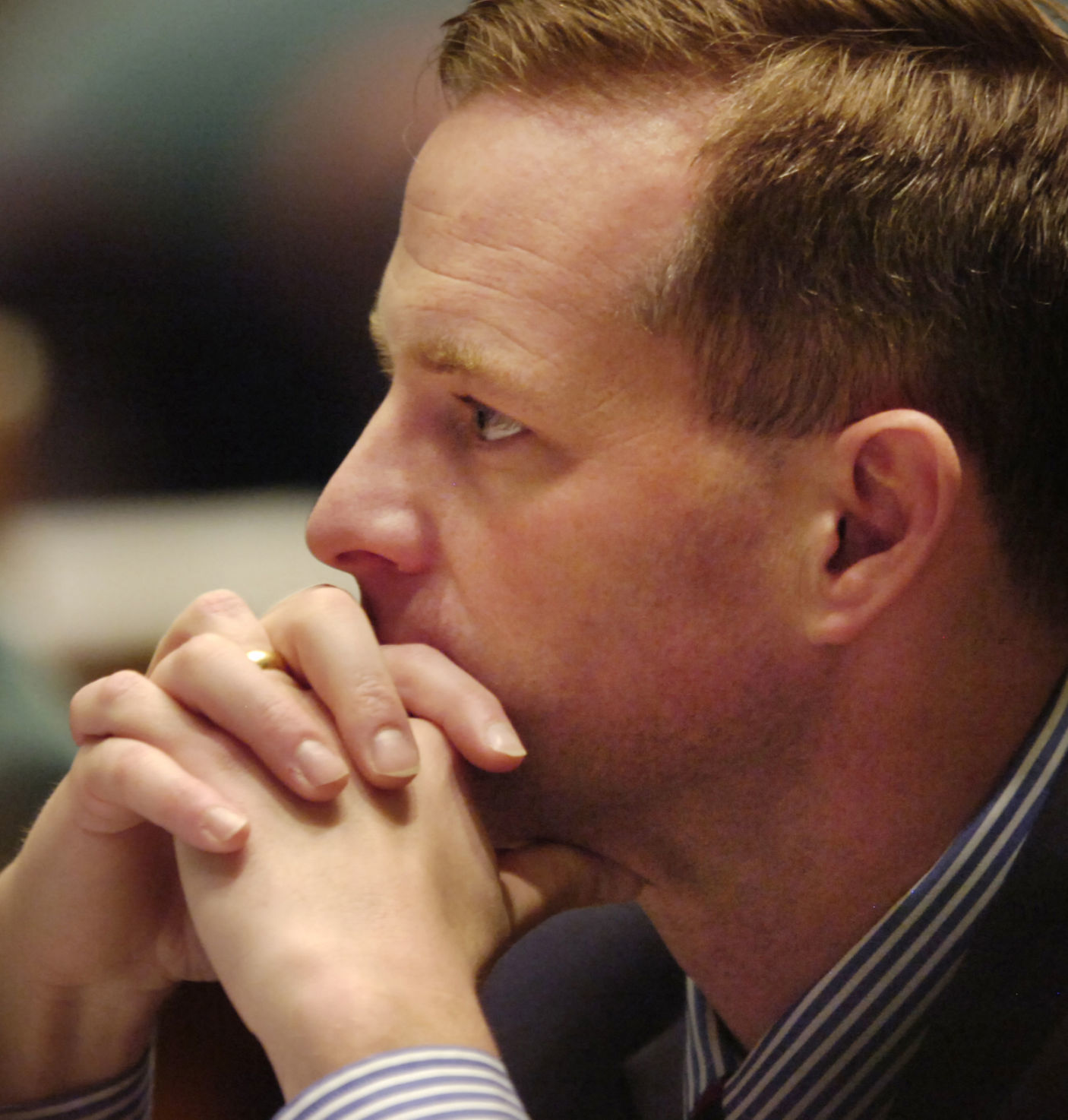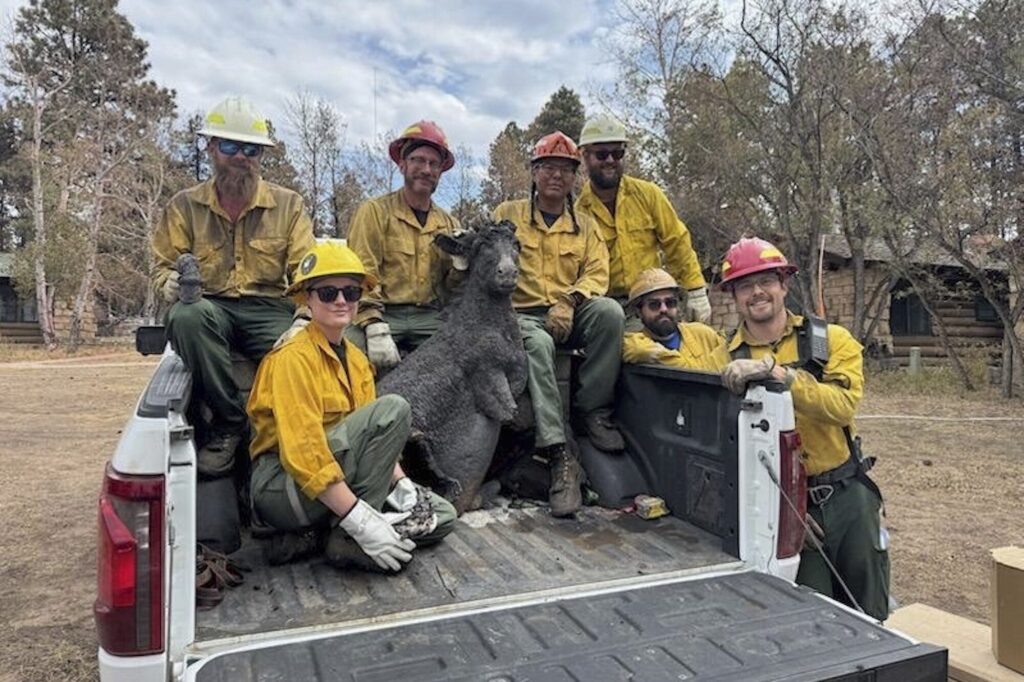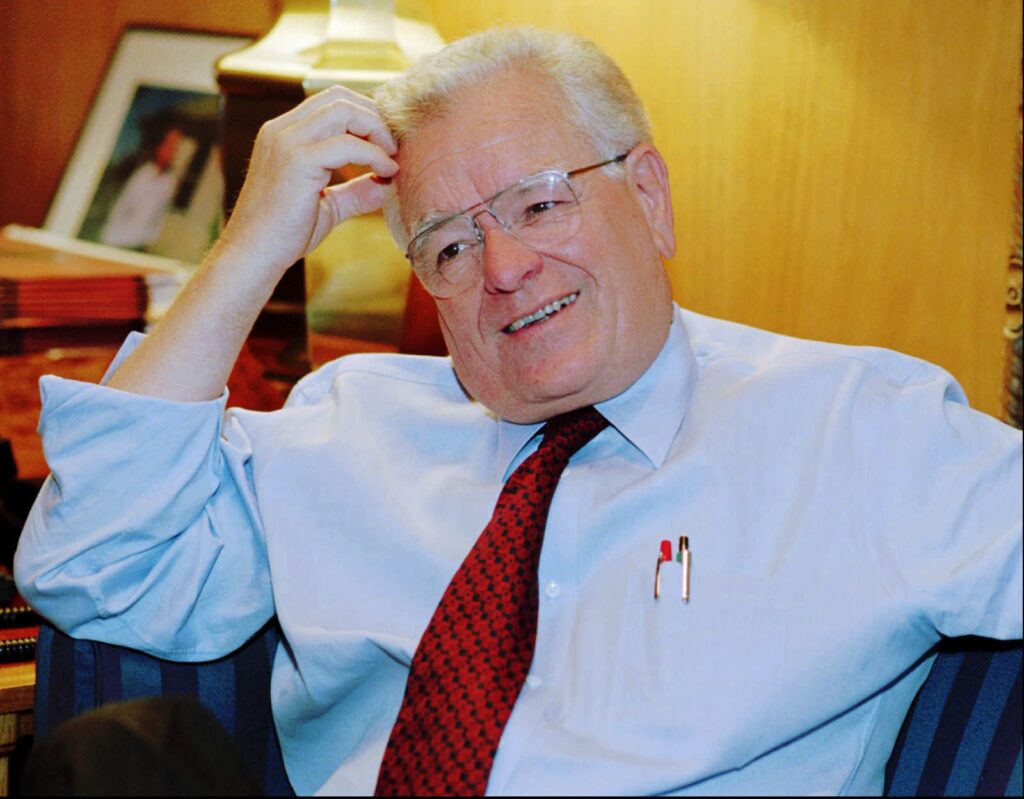DECLARING INDEPENDENCE | Parties have become ‘a malignant duopoly’


Earlier this year, I joined the largest, fastest growing, and youngest political party in the Colorado. Which is to say, I no longer belong to a political party.
Leaving your political tribe isn’t easy, especially if you’ve devoted a significant part of your life to it (which in my case included serving as a Republican in the Colorado House of Representatives). Party affiliation begins with beliefs, but it grows into friendships, personal loyalties, and alliances. Those ties are hard to sever.
Yet my decision wasn’t so much about the GOP as what the two-party system has become. Both nationally and in Colorado, the parties have morphed into a malignant duopoly whose primary function is to amass power by dividing Americans against one another. I can’t say I have a solution, but I certainly no longer want to be part of the problem.
I’m under no illusion there’s ever been a time when Americans agreed on everything. I’d even say that vigorous disagreement has been one of our greatest strengths. “A party of order or stability, and a party of progress or reform,” wrote John Stuart Mill, “are both necessary elements of a healthy state of political life.”
At its best, the two-party system was a yin-yang of competing ideas whose components were inextricably linked by mutual respect and an abiding recognition that “we’re in this together.” The American people were the beneficiaries of Jefferson’s perpetual revolution.
But what began as robust give-and-take has evolved into something altogether different.
Evolutionary psychologist Jonathan Haidt writes, “our righteous minds made it possible for human beings to produce large cooperative groups, tribes and nations without the glue of kinship. But at the same time, our righteous minds guarantee that our cooperative groups will always be cursed by moralistic strife.”
Moralistic strife is a good description of where we find ourselves. What was once a disagreement (susceptible to argument and compromise) is now a moral imperative (with no room for discussion).
Put a different way: You’re not just wrong, you’re evil.

This kind of thinking has all kinds of consequences. For one thing, consensus is impossible. This precludes progress on big picture issues that require more than a mere majority to solve, such as fiscal sustainability, foreign policy for aggressive nations, health care, immigration, environment, economic competitiveness, education, criminal justice, etc.
Worse, public virtues – such as veracity, respect, long-term thinking, independence, skepticism, moderation, compromise, deliberation, and self-control – become weaknesses, and are no longer valued in candidates and elected officials.
The best and brightest people in both parties are no longer engaged in developing sound policy, but sharp campaign tactics. Their efforts have borne bitter fruit: We’ve become two separate nations occupying the same land, two nations whose adversity and animosity now threaten the common destiny we share.
Our pathological inability to get along is a national suicide pact. We are actually to the point that if one party came up with a cure for cancer, I am quite sure the other party would find a way to condemn it.
The good news is that the rugged, hard-working, tolerant, magnanimous, gritty American spirit is still alive. We were Americans before we were Republicans or Democrats. It’s a good time to become Americans first again.
Americans may not yet be ready to elect independent candidates. But the drift of the parties to the far left and right is leaving a lane in the middle big enough to drive a Mack truck through.
Perhaps independent candidates will seek that lane; perhaps reformers in the major parties will.
However it happens, there is a significant number of Americans – probably a majority – who are ready to stop the feedback loop and try something new. Perhaps it starts with a recognition that, “I may think you’re wrong, but I don’t think you’re evil.”
As is often the case, Abraham Lincoln said it best: “We are not enemies, but friends. We must not be enemies. Though passion may have strained, it must not break our bonds of affection. The mystic chords of memory will swell when again touched, as surely they will be, by the better angels of our nature.”
Rob Witwer represented Colorado House District 25 as a Republican from 2005 to 2009 and is now an attorney in Denver. He co-authored with journalist Adam Schrager the 2010 political exposé, “The Blueprint: How the Democrats Won Colorado.”












